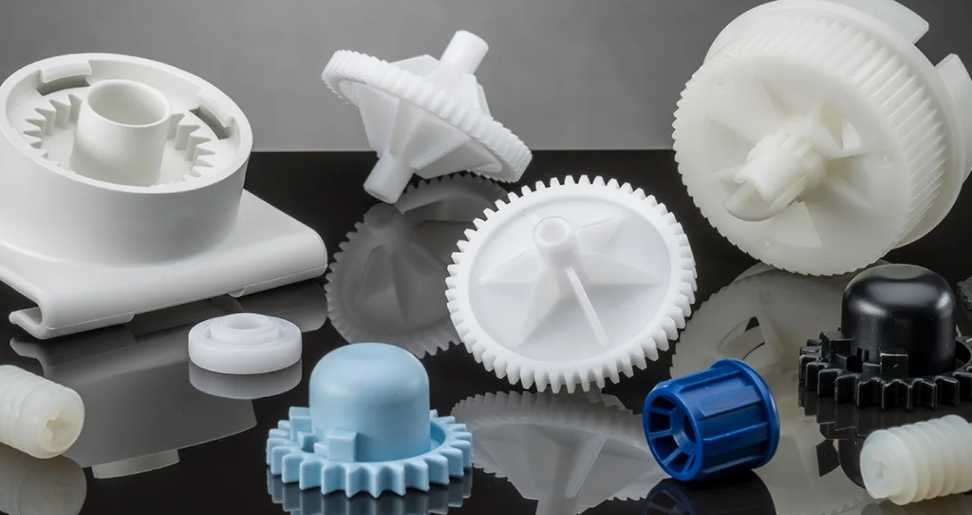Achieving exceptional precision in plastic molding is paramount for many industries, from automotive to medical. This requires a meticulous approach encompassing design, materials, process control, and advanced technologies. Enhance product precision with these expert tips for plastic mold making. Explore advanced techniques to improve dimensional accuracy, surface finish, and overall part quality.
Master the art of plastic mold making with our guide to precision. Learn how to overcome challenges and achieve exceptional results through optimized processes and advanced technologies.
Achieving exceptional precision in plastic die casting mold is paramount for many industries. This requires a meticulous approach that encompasses mold design, material handling, process control, and advanced technologies. By implementing the techniques outlined in this article, manufacturers can significantly enhance product quality, reduce defects, and meet the stringent demands of today’s market.
Mold Design and Engineering
Precision Machining: Utilizing advanced CNC machining and EDM to achieve tight tolerances and intricate details in mold components.
Mold Base Selection: Choosing high-precision mold bases with superior dimensional stability.
Cooling Channel Optimization: Implementing precise cooling channel design to prevent warping and shrinkage.
Gate and Runner Design: Optimizing gate and runner locations for consistent material flow and minimal defects.
Material Selection and Handling
High-Performance Resins: Selecting resins with superior dimensional stability and mechanical properties.
Material Drying: Employing advanced drying systems to remove moisture and prevent defects.
Material Blending Consistency: Ensuring precise and consistent material blending for uniform properties.
Molding Process Control
Injection Molding Machines: Utilizing high-precision injection molding machines with advanced control systems.
Process Monitoring: Implementing real-time monitoring of process parameters to maintain consistency.
Closed-Loop Control: Utilizing feedback systems to automatically adjust process parameters based on part quality.
Quality Control and Inspection
Dimensional Measurement: Employing advanced metrology equipment for precise dimensional inspection.
Surface Finish Analysis: Assessing surface quality using profilometry and other techniques.
Material Analysis: Conducting material analysis to verify properties and detect contaminants.
Statistical Process Control (SPC): Implementing SPC to monitor process capability and identify trends.
Advanced Technologies
Mold Flow Analysis: Utilizing simulation software to optimize mold design and predict potential issues.
Rapid Prototyping: Creating physical prototypes for validation and design refinement.
Laser-Assisted Molding: Enhancing mold surface finish and part quality through laser-based techniques.
By integrating these techniques and leveraging advanced technologies, manufacturers can achieve exceptional precision in plastic molding, leading to improved product quality, reduced defects, and enhanced customer satisfaction.
Conclusion
The pursuit of precision in plastic molding is an ongoing journey that necessitates a combination of human expertise and technological advancements. By focusing on mold design, material control, process optimization, and rigorous quality inspection, manufacturers can achieve exceptional results.
As technology continues to evolve, we can expect further innovations in plastic molding that will push the boundaries of precision and enable the creation of even more complex and high-quality products.
Have A Look :-
- How U.S. Is Building A Net-Zero World: Clean Energy Manufacturing Abroad
- Patriot Day Ceremony Held In Memory Of The Lives Lost During 9/11 At Gloucester County
- Bernstein’s Research Report Says India’s Economy Is 16.5 Years Behind China’s. What Are Your Thoughts?
Featured Image Source :- https://tinyurl.com/y2ypvzwt

